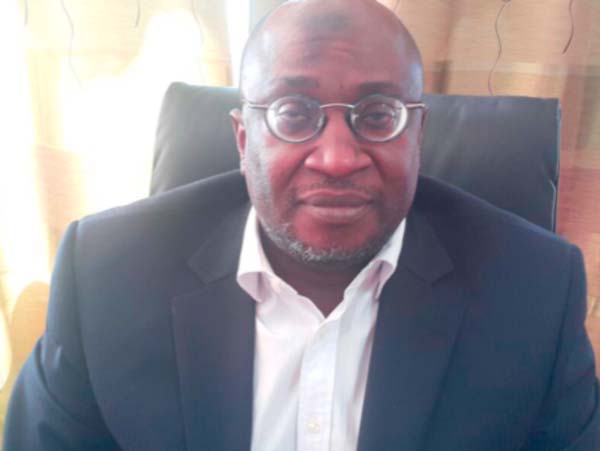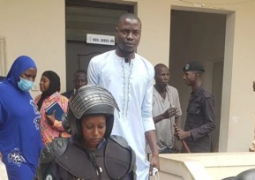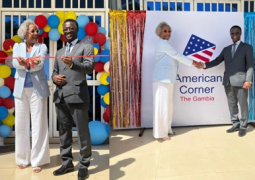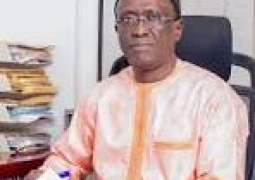
Counsel, together with committee members, examined Drammeh’s communications, decisions, and the involvement of GTSC, a company engaged to assist in asset valuation, as part of a broader inquiry into possible irregularities.
A key focus of the hearing was Drammeh’s relationship with an acquaintance, Fatou Fatty. While he acknowledged knowing her personally, he declined to elaborate on the nature of their relationship, citing privacy.
Committee members questioned whether this connection could have influenced official decisions, particularly regarding an inquiry into an eviction order linked to her residence.
Drammeh denied any wrongdoing, insisting his role was limited to seeking verification from the Ministry of Justice about the existence of an official eviction order and referring the matter to the relevant authorities.
“I have no direct or indirect involvement in the eviction stoppage. If at all the eviction was stopped, it didn’t come from my office or from my person,” he stated.
The session also revisited Drammeh’s decision to halt the sale of tractors initially intended for rural farmers. He testified that his action followed a verbal directive from the president but maintained he had no authority over the Janneh Commission, which was managing the assets.
Committee members suggested his action might amount to interference, but Drammeh disagreed. “I do not consider it interference,” he asserted.
Throughout his testimony, Drammeh appeared to struggle with recollection, often unable to provide phone numbers or details of key communications, as well as the specific roles of GTSC staff in the asset process.
His lapses prompted further scrutiny from the committee, which continues to explore how personal networks, private companies, and presidential directives may have overlapped in the management of Jammeh’s assets.
Read Other Articles In Headlines





